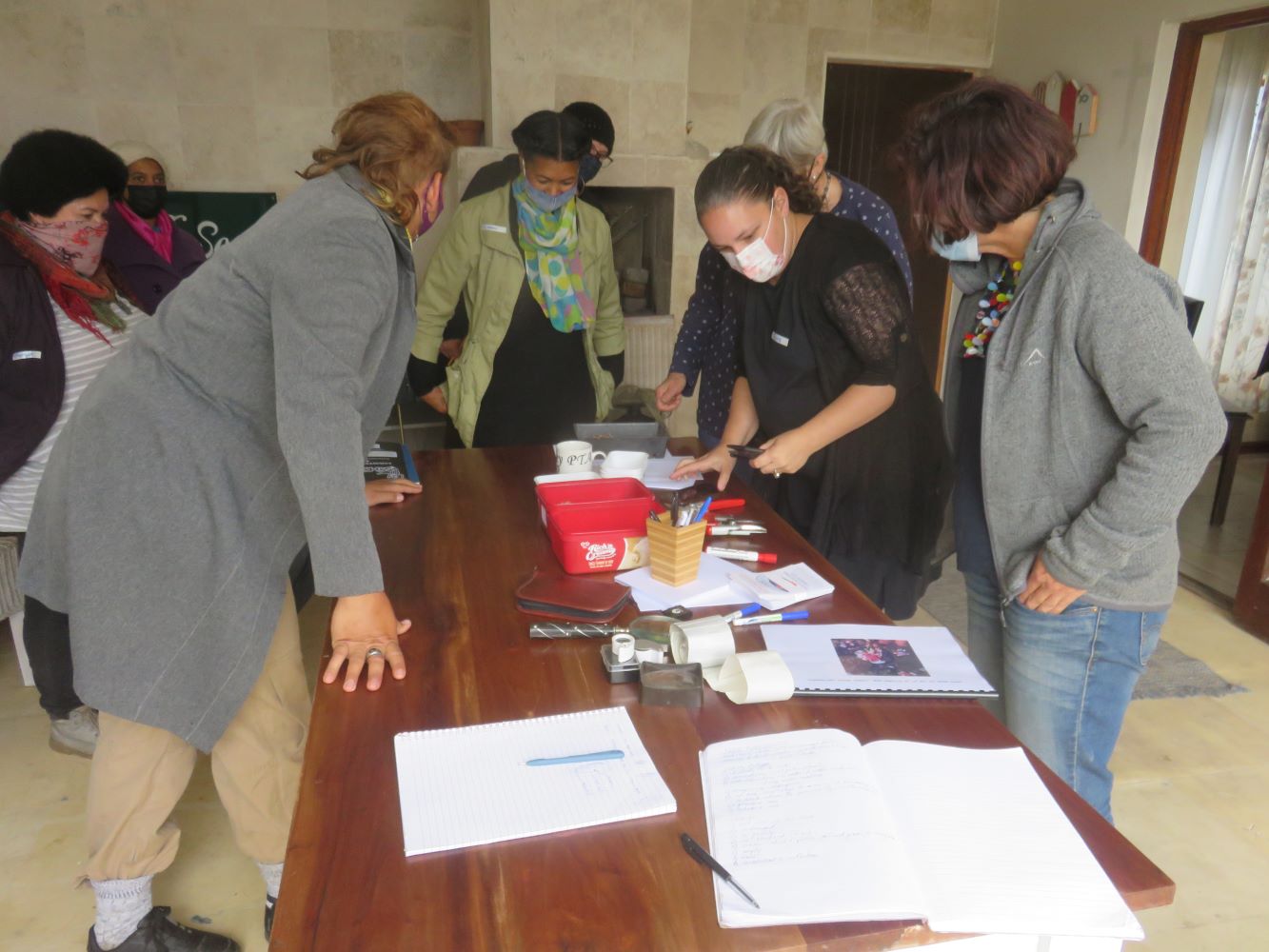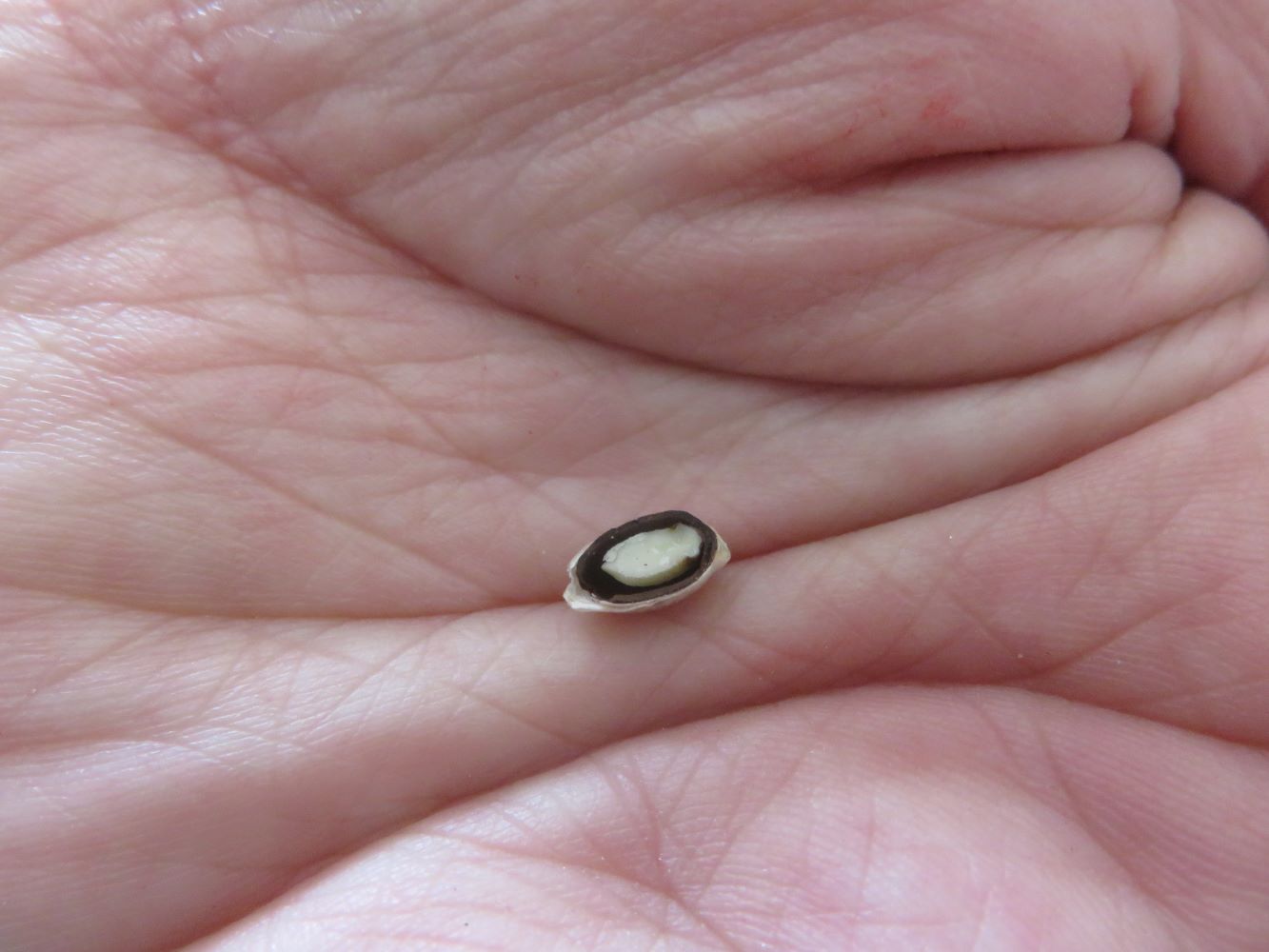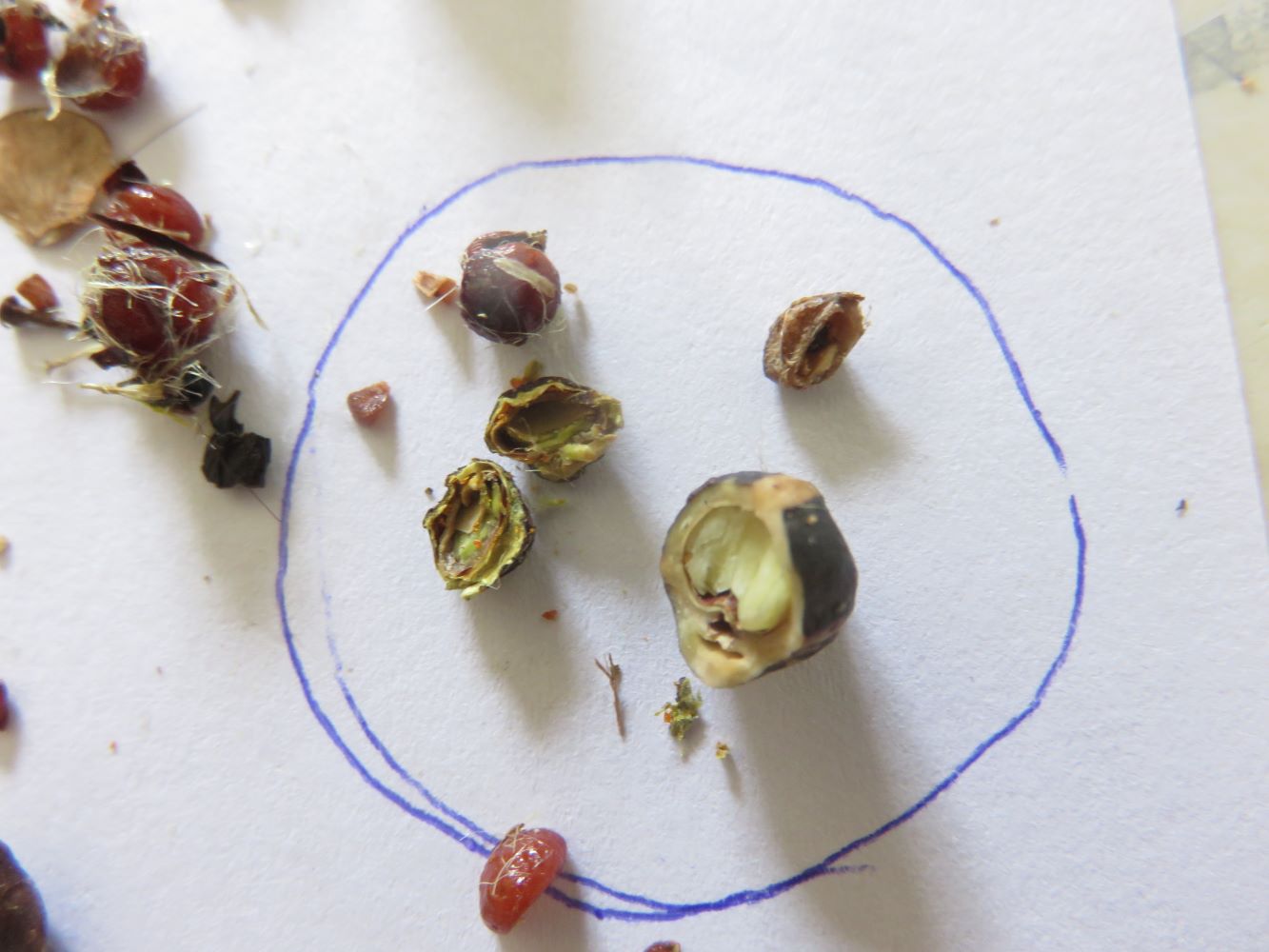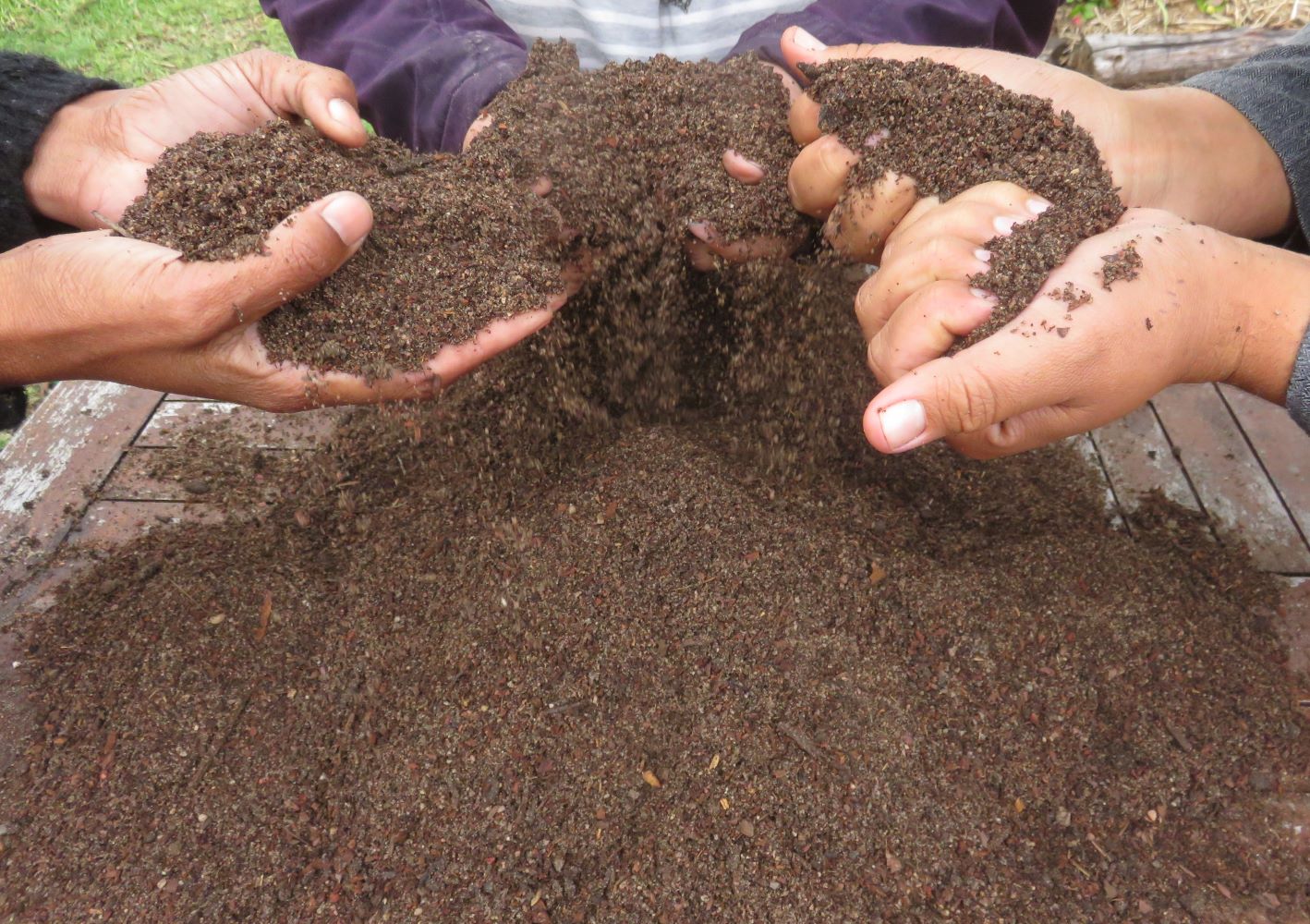Dear Reader, in this age of AI created content, please support with your goodwill someone who works harder to provide the human-made. Sign up in the righthand column or bottom of this page. You will receive my hand illustrated monthly newsletter RESTORE NATURE and access to the biodiversity garden design course as I write...and nothing else, I respect your time.
Why and how to grow South African plants, including native food plants
 So many lovers of South African plants in one space come to learn from the best.
So many lovers of South African plants in one space come to learn from the best.A beginner's workshop on growing South African plants.
In spring I attended a horticulture workshop by Julia September. She is a conservation horticulturist and has done restoration, worked with the Millennium Seed Bank, Sanbi, WWF and now Silverhill Seeds, perhaps our most famous, globally reputable, indigenous seed company.
I heard about the workshop via Communitree, an organization which fosters the building of stepping stone fynbos corridors. These are patches of native vegetation, which need not be contiguous, but are close enough for small animals and insects to find their way from one patch to the other, so that they do not become isolated populations. As is well known, isolation is often the beginning of extinction, because the genetic pool begins to shrink.
 a seed cut through with a scalpel
a seed cut through with a scalpelWhy growing native food plants is so important
I attended because I believe building wildlife friendly gardens all around the world can help slow the loss of biodiversity, and growing native plants is fundamental to growing a garden which supports wildlife. I also strongly believe that urban gardens can make a contribution to conservation, especially in the Fynbos biome where one of our hotspots of diversity, in this already enormously diverse flora, has been taken over by urbanization as the Cape Flats and the area around Table Mountain slowly surrender to tar, bricks, cement and lawns.
In urban areas there are lots of people, and many of them may be hard put to be able to eat healthily. Gardens also need to feed people and I'm passionately interested in finding less environmentally destructive ways of doing this. Normal vegetables are high input in our climate where they are basically on 'life support' because they are not evolved to grow in a seasonal desert. But many local plants can provide food and it would be better for diversity, food security and global warming to grow more locally or climatically adapted plants. I'm especially interested in African food plants, so the food plants of the Fynbos biome where I was born and grew up and where my garden is situated at present are a very important part of pursuing my ideology and my personal battle against climate change. However, some fynbos plants can be very tricky to propagate and this is why I wanted training. I was delighted when Julia. September offered her skills and knowledge in a workshop.
 We inspected a wide range of seeds of South African plants
We inspected a wide range of seeds of South African plantsWhat we learned about growing South African plants
It was a small workshop and the attendees were all plants people, and we had the chance to get to know one another a little. Most of the attendees were botanical activists, and some were amateur horticulturists. Many had highly developed skills and I felt a bit inadequate with my raw homesteading in the burbs as my only claim to fame. I was doubly honored to be there when I got to know the others.
In terms of the horticulture, we learned about the biology of seeds, seed anatomy and germination. We studied some different seed shapes and sizes, and dissected the seeds to learn about how you can sample a batch of seeds and test their viability so that you can plan production. Then we learned of some basic techniques for stimulating the germination of fynbos seeds such as using smoke, and the right timing. Julia September also discussed soil preparation and sanitation because fynbos plants are so vulnerable to fungus.
I am looking forward with great excitement to the advanced workshop which she promised to give soon.
 Getting a feel for the soil mix that South African plants of the fynbos love.
Getting a feel for the soil mix that South African plants of the fynbos love.------
home page for numerous links to articles on natural gardening
------
------
A visit to see the Cape Flats fauna at UWC
Restore Nature Newsletter
I've been writing for four years now and I would love to hear from you
Please let me know if you have any questions, comments or stories to share on gardening, permaculture, regenerative agriculture, food forests, natural gardening, do nothing gardening, observations about pests and diseases, foraging, dealing with and using weeds constructively, composting and going offgrid.
SEARCH
Order the Kindle E-book for the SPECIAL PRICE of only
Prices valid till 30.09.2023
Recent Articles
-
Geography Research Task
Jan 31, 25 11:37 PM
To whom it may concern My name is Tanyaradzwa Madziwa and I am a matric student at Springfield Convent School. As part of our geography syllabus for this -
Eco Long Drop Pit Latrines Uganda
Nov 29, 24 02:45 AM
Good evening from the UK. My name is Murray Kirkham and I am the chairman of the International and foundation committee of my local Lindum Lincoln Rotary -
Landscape Architect
Oct 01, 24 10:42 AM
I so appreciate your informative description! Your experimentation and curiosity with the seeds, germination, and rearing of the maggot are exciting to
"How to start a profitable worm business on a shoestring budget
Order a printed copy from "Amazon" at the SPECIAL PRICE of only
or a digital version from the "Kindle" store at the SPECIAL PRICE of only
Prices valid till 30.09.2023





